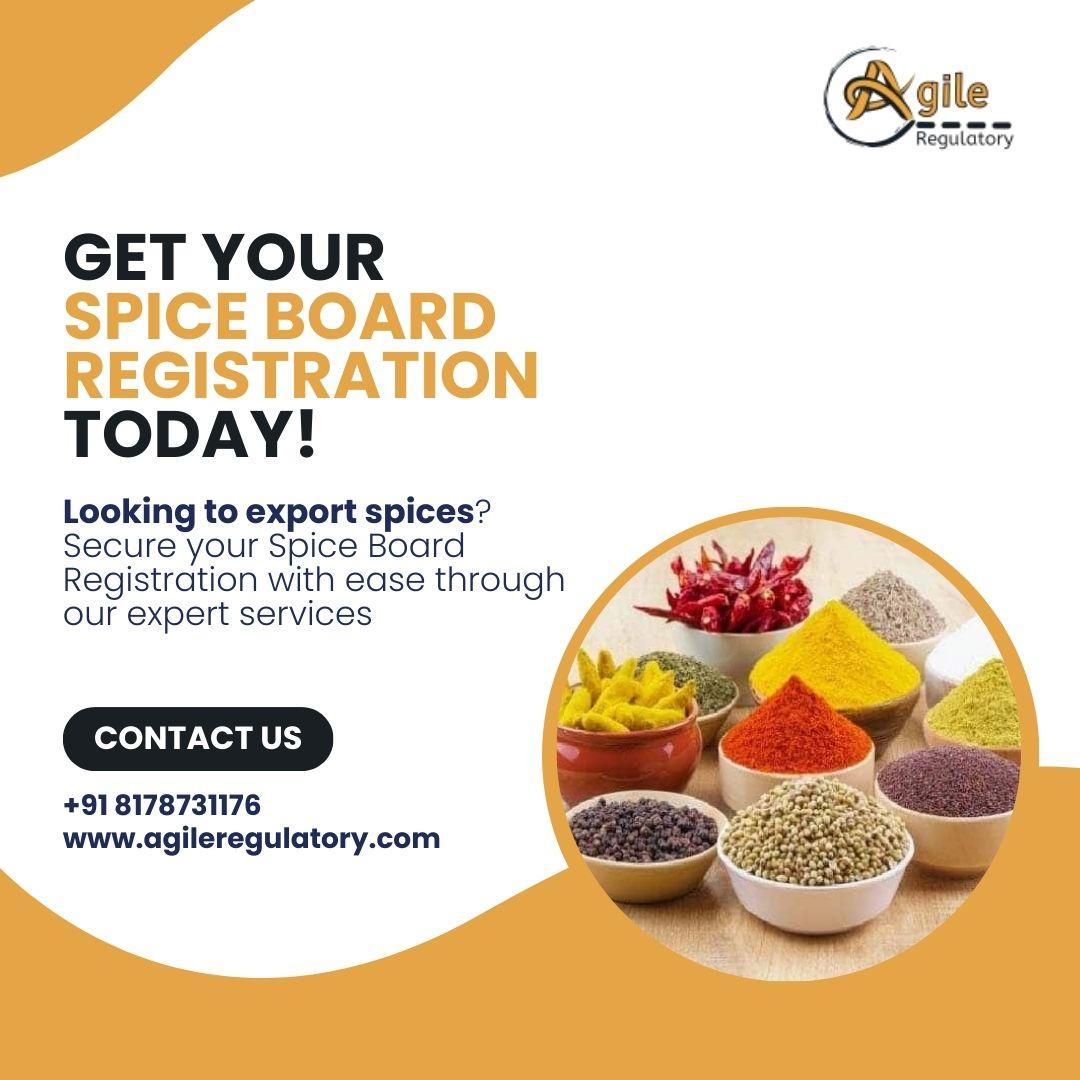The Future of Indian Agro-Exports: Adapting to Global Standards and Evolving Consumer Demands

India stands as an agricultural powerhouse, boasting a vast and diverse production base that positions it as a significant player in the global food supply chain. However, for Indian agro-exporters, particularly those operating from fertile regions like Uttar Pradesh, merely producing in volume is no longer enough. In 2025 and beyond, the future of Indian agro-exports will be defined by its ability to adapt to global standards and evolving consumer demands, transforming challenges into strategic opportunities for growth and brand leadership.
A non-negotiable baseline for success in international markets is rigorous adherence to global standards for food safety and quality. Importing nations, especially developed economies in the EU, USA, and Japan, impose strict regulations including comprehensive Maximum Residue Limits (MRLs) for pesticides, stringent contaminant levels, and robust hygiene protocols. Certifications such as HACCP (Hazard Analysis and Critical Control Points), ISO 22000, BRCGS (Brand Reputation Compliance Global Standards), and GlobalGAP (Good Agricultural Practices) are no longer optional; they are often mandatory market entry requirements. Indian exporters must invest in implementing these global benchmarks across their entire value chain, from cultivation to packaging. Furthermore, demand for complete traceability and authenticity is growing, requiring transparent "farm-to-fork" visibility to assure consumers of origin and purity. The role of bodies like APEDA (Agricultural and Processed Food Products Export Development Authority) and the Spice Board is crucial here, as they facilitate compliance and issue essential registrations like Spice Board Registration or general APEDA registration, which are often prerequisites for accessing markets and benefits. Specific certifications like GACC Registration become vital for accessing key markets like China.
Beyond regulatory compliance, understanding and responding to evolving consumer demands is paramount. Today's global consumer is not just price-sensitive; they are increasingly health-conscious, environmentally aware, and ethically driven. This translates into a surging demand for:
-
Sustainability & Ethical Sourcing: A preference for organic, fair trade, sustainably produced goods with a minimal environmental footprint and verified labor welfare practices.
-
Health & Wellness: A growing market for functional foods, natural ingredients, allergen-free products, and non-GMO (Genetically Modified Organism) offerings.
-
Convenience & Value-Added: A shift from raw commodities to processed, ready-to-eat/cook products, specialized ingredients, and customized spice blends that fit modern lifestyles.
-
Transparency & Storytelling: Consumers want to connect with the origin of their food, understanding its journey, environmental impact, and the stories behind its producers.
To adapt to these shifts, Indian agro-exporters must embrace several strategic changes. Investment in technology is crucial, from precision agriculture at the farm level to advanced processing units and robust cold chain logistics for perishables. Implementing comprehensive Quality Management Systems (QMS) from cultivation to packaging is essential. Value addition will be a key differentiator, moving beyond bulk raw material exports to specialized, branded, and processed products (e.g., organic fruits, spice extracts, frozen vegetables). Proactively acquiring relevant international certifications and building strong, transparent brands that communicate quality and values will be vital. Establishing direct linkages with farmers ensures better quality control, traceability, and enables fair pricing. Continuous market intelligence is non-negotiable, providing insights into changing import regulations, emerging consumer trends, and competitive landscapes.
While challenges like infrastructure gaps and capacity building persist, they also represent significant opportunities for investment and growth. By strategically adapting to global standards and anticipating evolving consumer demands, India's agro-exporters can not only overcome these hurdles but also secure a leading position in the global food market.
In this dynamic global trade arena, an Agile Regulatory approach is absolutely critical for Indian agro-exporters. With international food safety laws, MRLs, and market access requirements constantly subject to updates, businesses must cultivate the agility to quickly monitor these changes, adapt their cultivation, processing, and supply chain practices swiftly, and leverage digital tools for efficient compliance management. This proactive and flexible mindset ensures that their products not only meet current international standards but also anticipate future demands, thereby securing continuous market access and building enduring consumer trust
- Art
- Causes
- Crafts
- Dance
- Drinks
- Film
- Fitness
- Food
- Oyunlar
- Gardening
- Health
- Home
- Literature
- Music
- Networking
- Other
- Party
- Religion
- Shopping
- Sports
- Theater
- Wellness




